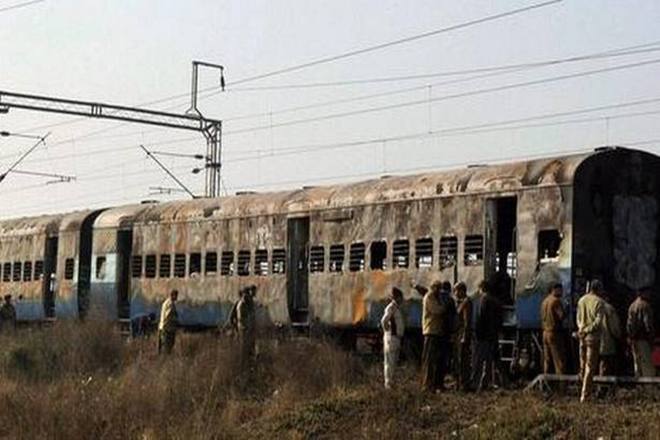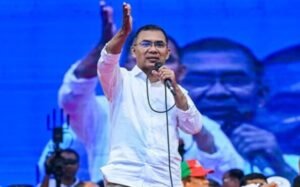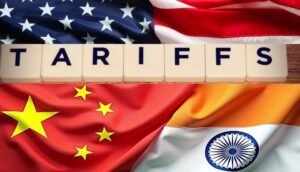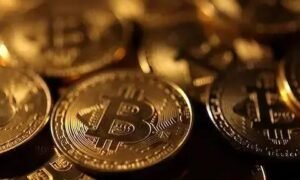Samjhauta Express blast: Indian court releases main accused

The Pakistan Foreign Office strongly condemned the release of accused of Samjhauta Express blast. “We have received reports that accused in the Samjhauta Express blast have been released by an Indian court,” the Foreign Office spokesperson said in a statement
ISLAMABAD: An Indian court on Wednesday released accused persons in the Samhauta Express blast that had killed over 60 people more than decade ago, mostly Muslims.
According to Indian media, the National Investigation Agency Court on Wednesday acquitted an accused named Swami Aseemanand and three others in the Samjhauta Express blast case. The NIA court in Panchkula also dismissed the application seeking permission for deposition of Pakistani witnesses in the case.
The Panchkula court of NIA acquitted Swami Aseemanand alias Naba Kumar Sarkar, who was the prime accused in the case and three other accused – Kamal Chauhan, Rajinder Chaudhary and Lokesh Sharma – who are currently in Central Jail Ambala.
Reacting to the Indian court verdict, the Foreign Office strongly condemned the release of accused of Samjhauta Express blast. “We have received reports that accused in the Samjhauta Express blast have been released by an Indian court,” the Foreign Office spokesperson said in a statement.
The spokesperson said it was a major disappointment for families of 42 Pakistanis, who lost their loved ones in the blast. This is an extreme step by the India, he remarked.
“We are collecting details about the verdict and soon a detailed statement will be released by Pakistan.”
On Feb 19, 2007, two bombs exploded on board Samjhauta Express bound from India to Pakistan, sparking a fire that killed at least 66 passengers.
Most of the victims of the blast were Pakistanis.
Two unexploded suitcase bombs were also found on the train. Inside one, an electronic timer encased in clear plastic was packed next to more than a dozen plastic bottles containing a cocktail of fuel oils and chemicals.
The Samjhauta rail service was halted after an attack on New Delhi’s parliament in late 2001 and it started up again in 2004.





